Send in the Reef Goats!
Coral reefs are an immeasurably important aspect of the marine ecosystem. They are formed from colonies of living coral polyps, which create a calcified exoskeleton to protect themselves. These reef systems are often called the rainforests of the sea, as their area accounts for at least 25% of marine biodiversity.
However they face a variety of threats in the modern world. Alongside pollution, acidification, overfishing and changing water conditions driven by climate change - another challenge is posed by algae. An abundance of algae suffocates the coral, stopping new growth.
In the Carribean, a green algae called Halimeda is a big concern, partly because most animals don’t like eating it. That is, other than the Carribean King Crab, which loves it! Scientists introduced high concentrations of king crabs to the reef and saw a 50% reduction in algae. This went up to 80% when human divers spent time clearing seaweed before the crabs were introduced.
They are so efficient at grazing that the crabs have been called ‘reef goats’. By helping to rear larger and hungrier crabs, scientists in Florida Keys hope that they can combat the takeover of corals through natural means. Once the corals were cleared scientists observed many more species of fish living in and around the coral system, so that’s good news for everyone!
Perhaps similar strategies could be used to counter the domoic acid breakouts that have harmed the Dungeness Crab?
P.C: A. Spadaro
